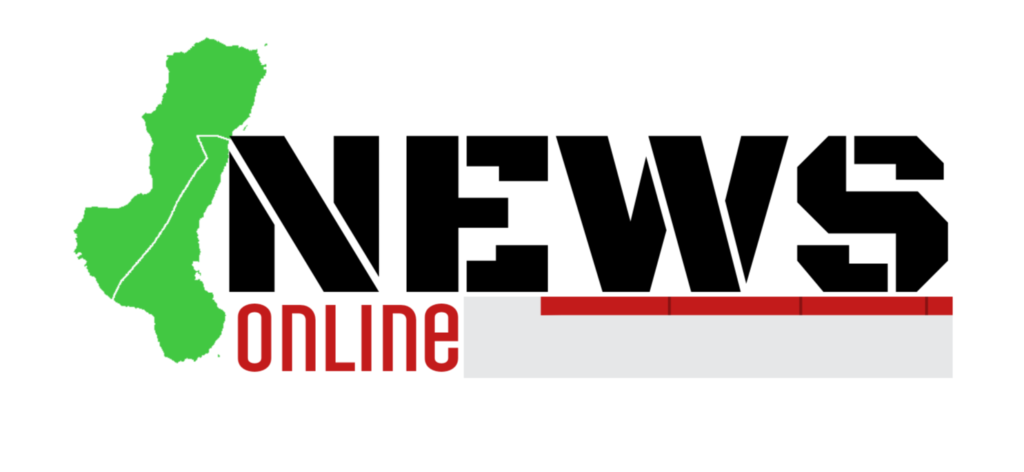The Civil Service Commission (CSC) reiterates its call for government offices to observe occupational safety and health (OSH) in the workplace to protect state workers.
The call for strict compliance with the provisions of CSC-DOH-DOLE JMC No. 1, s. 2020 was also made in support of Memorandum Circular No. 86 released by the Office of the President, directing compliance with health protocols in the workplaces of all government agencies and instrumentalities to mitigate and suppress the spread of COVID-19.
“Joint Memorandum Circular No. 1, s. 2020 issued by the CSC, Department of Health, and the Department of Labor and Employment took effect on 22 May 2020, and after almost a year, we, in government, have been given ample time to ensure adoption of measures that promote safe and healthy working conditions. We have to prioritize the health and well-being of our human capital in the public sector who continue to rise to the challenges posed by the pandemic by delivering uninterrupted services to our people,” said CSC Chairperson Alicia dela Rosa-Bala.
The OSH Standards provide a comprehensive list of reasonable working conditions. Workplace standards that agencies must comply with include installation of adequate fire, emergency, or danger signs, facilities for persons with disabilities, and health clinic or treatment room; regular practice of good housekeeping such as eradication of stagnant water and proper waste disposal; OSH Standard-compliant building construction and maintenance, space requirement, walkway surface, floor and wall openings, among others; provision of OSH Standard-compliant personal protective equipment (PPE) and devices; proper handling, use, and storage of hazardous materials; and implementation of an indoor air quality management program.
Government agencies must also establish a Risk Reduction Management System and a Crisis Management Plan and Contingency Program, as well as ensure adequate emergency supplies such as fire extinguishers, medical first aid kits, among others. They must also partner with the nearest government health facility that can respond to accidents and injuries in case of emergencies.
Support facilities such as recreation areas, training rooms, and daycare facility, as well as lactation stations for lactating mothers, must be provided. Moreover, the special needs of pregnant women, older employees, the differently-abled, and those with limited working abilities must be considered in determining reasonable work assignments and a good working atmosphere.
The guidelines further mandate agency heads to ensure adequate working breaks to minimize or prevent employees’ exposure to illness due to prolonged sitting, as well as to allow and adopt flexible work arrangements. The agency’s internal rules on working hours, break, and leave privileges must still observe appropriate civil service rules and regulations.
Workplace policies and programs on smoking, prohibited drugs, tuberculosis, HIV and AIDS, Hepatitis B, and medical assistance and benefits must also be carried out.
Heads of agencies must ensure that Safety and Health Committee shall be created and OSH programs are strictly implemented and thus, shall be included in the annual work and financial plan.




















